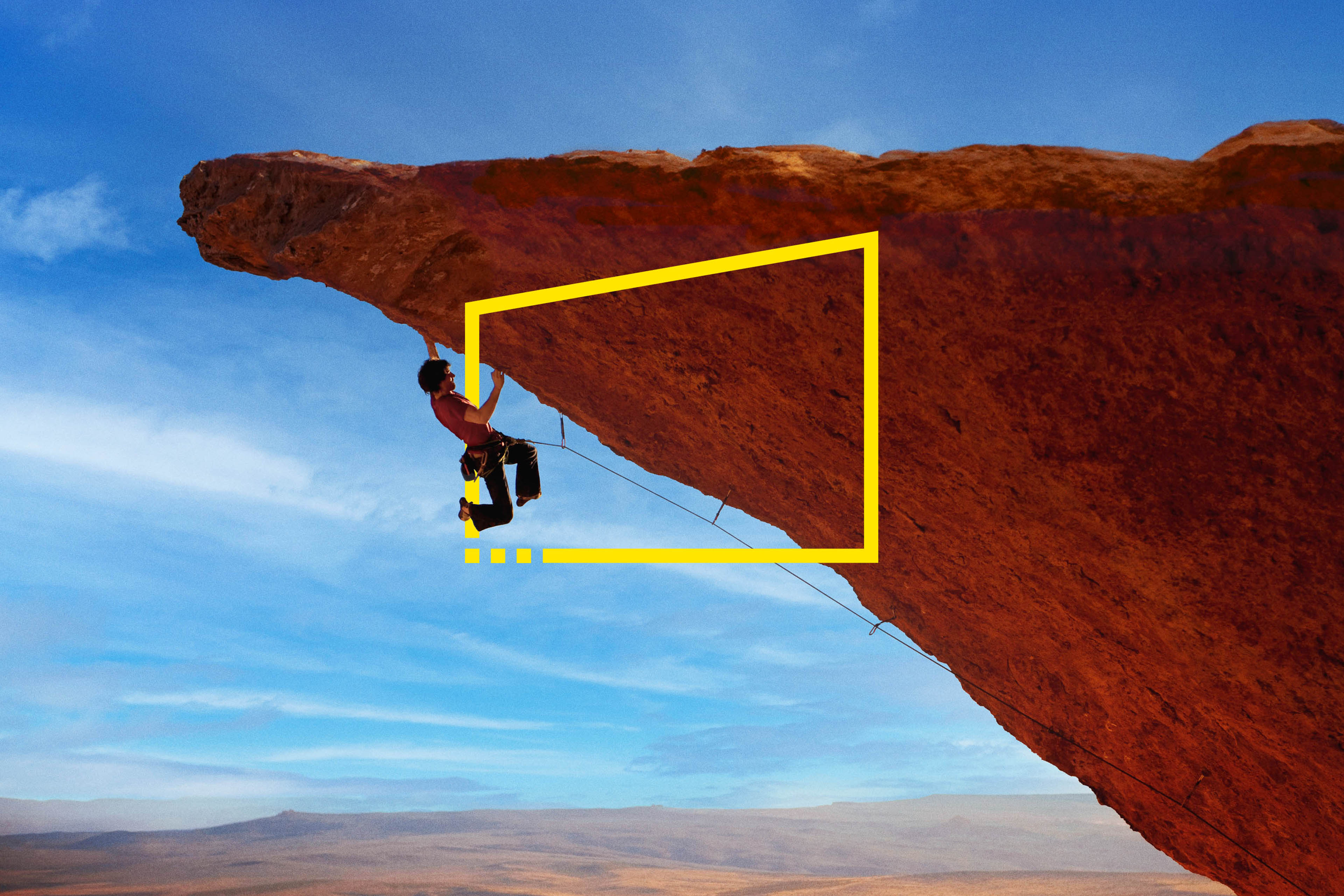EY refers to the global organization, and may refer to one or more, of the member firms of Ernst & Young Global Limited, each of which is a separate legal entity. Ernst & Young Global Limited, a UK company limited by guarantee, does not provide services to clients.
EY publishes the 2021 Africa Attractiveness Report.
Johannesburg, 22 November 2021: EY has today published the 11th Africa Attractiveness Report. The Africa report forms part of the broader global EY Attractiveness Programme which focuses on insights derived from understanding growth from foreign direct investment (FDI) in and across the African continent. Visit the 2021 Africa Attractiveness page here.
According to EY Africa CEO, Ajen Sita “Rising investment into sectors outside the traditional extractive industries is creating more sustainable long-term growth.”
He cites rapidly rising FDI into service sectors including business services, telecoms, media, technology, financial services, and consumer services as those sectors that will enable sustainable job creation over time.
“Realising Africa’s potential for enormous growth and innovation given it’s young population and vast natural resources, will require significant investment into economic reform, education, healthcare and digital skills development,” says EY Africa Government and Infrastructure Leader, Sandile Hlophe.
Africa is home to the youngest population in the world, with a median age of less than 20 years, and 70% of the population is under the age of 30. “Africa is still an attractive investment destination, but requires enhanced economic reforms, good governance and a stable political landscape to continue attracting FDI,” he adds.
Headlines
- Africa suffered a 50% drop in FDI last year however the core factors behind its investment appeal remain intact.
- Africa’s FDI 50% reduction in 2020, made it the hardest-hit region globally, trailing all other regions i.e. Europe (–23%) and North America (–19%). Only Asia-Pacific’s decline was close (–43%).
- In 2020, Africa’s overall GDP contracted by 2.4% compared with the 3.6% contraction in overall global GDP.”
- East Africa, notably Tanzania and Ethiopia, was the fastest growing region on the continent in 2020.
- Southern Africa was most negatively affected, falling into a deep recession.
- In 2020, France was the largest investor into Africa followed by the US, the UK and China based on FDI project numbers.
- Over the past 5 years, cross-border investment within Africa has gained traction, with South Africa being the largest investor into the rest of the continent. In 2020, the country announced two large-scale investment projects into Nigeria in the communications sector, worth $2.5bn.
A look at the regions
Africa is projected to grow by 4.6% in 2021, then average 4% up to 2025. “Africa is, for the most part, reforming to attract greater investment outside the traditional extractive sectors,” says Rod Wolfenden, EY Africa Markets Leader.
The new free trade agreement: AfCFTA (African Continental Free Trade Area) – with the potential to be the largest free trade area in the world, made up of 53 participating members – came into effect on 1 January 2021 and presents a potential income gain for Africa of US$450b by 2035. The deal aims to bring 30-million people out of poverty, raise the incomes of 68-million individuals, cut red tape, and simplify customs and tariffs.
Southern Africa was hardest hit but will slowly recover, conditional on an accelerated COVID vaccine rollout and continued focus on fiscal consolidation; particularly after South Africa suffered its steepest GDP fall (by 7%) in over a century, off the back of the 2020 COVID-19 pandemic.
East Africa remained resilient, continuing its trajectory as the fastest-growing region in Africa in 2020 with the region’s major economies growing by 2.3% on average. Kenya saw a slight GDP contraction for the first time in two decades. Kenya’s growth is expected to rebound to 5% next year.
Growth across West Africa was affected by sharp declines in global trade, lower commodity prices and muted capital flows. The region’s largest economies – Ghana and Nigeria – both slowed significantly in 2020. Nigeria was impacted by falling crude prices and oil exports, which constitute 80% of its exports.
There is no shortage of ideas — what Africa really needs now is action, a reset. To move forward, fast, we need strong resilience plans, an improved business climate, a successful COVID vaccination rollout and the accelerated implementation of AfCFTA. This together with a new social compact between government and business, partnering in designing and implementing economic recovery plans.
Media Contact
Samantha Rech
Media Relations (South Africa)
samantha.rech@za.ey.com

